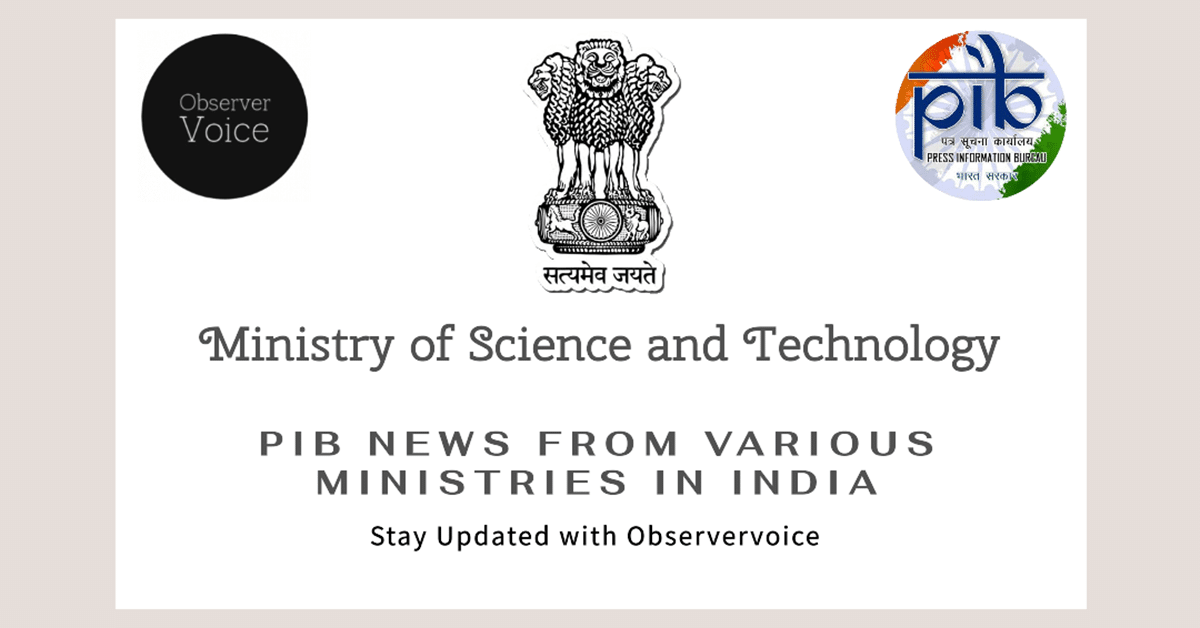India Launches Quantum Technology Curriculum

The Department of Science and Technology (DST) of India, in collaboration with the All India Council for Technical Education (AICTE), has unveiled a new undergraduate curriculum aimed at fostering a skilled workforce in quantum technologies. This initiative is part of the National Quantum Mission, which seeks to position India as a leader in quantum research and technology. The curriculum is designed to provide students with both theoretical knowledge and practical lab experience, ensuring they are well-equipped to meet the demands of this rapidly evolving field.
A Comprehensive Approach to Quantum Education
The newly announced curriculum will integrate theoretical concepts with hands-on laboratory experience. Professor Ajay K Sood, Principal Scientific Advisor to the Government of India, emphasized that this program aims to deepen students’ understanding of quantum technologies. The curriculum will offer a minor in quantum technologies, allowing undergraduate students to engage with this cutting-edge field from their third or fourth semester. This initiative is crucial for aligning with the goals of the National Quantum Mission, which aims to create a workforce that is ready to tackle the challenges of technological advancement.
The National Quantum Mission represents a significant step forward in India’s research and technology landscape. It recognizes the need for a highly skilled workforce to drive innovation in quantum technology. The curriculum will address the multi-disciplinary requirements of quantum technology development, covering everything from basic research to applied sciences. By providing a structured educational framework, the initiative aims to elevate India’s capabilities in this critical area.
Building a Quantum-Ready Workforce
Professor Abhay Karandikar, Secretary of the Department of Science and Technology, highlighted the importance of this curriculum in building a quantum-ready workforce. The program is designed to cater to the diverse backgrounds of engineering students, enabling them to gain foundational and advanced knowledge in quantum technologies. This inclusivity is vital for ensuring that students from various disciplines can participate in the quantum revolution.
To ensure the success of this program, the National Quantum Mission will support the establishment of teaching labs in select institutions. Additionally, there will be a focus on faculty development to equip educators with the necessary skills to teach quantum technologies effectively. Professor Karandikar urged educational institutions to adopt this curriculum proactively, emphasizing the importance of integrating quantum technologies into research, education, and innovation strategies.
Curriculum Structure and Implementation
The proposed curriculum encompasses all four key areas of quantum technology: quantum computing, quantum communications, quantum sensing and metrology, and quantum materials and devices. Students will be required to complete a minimum of 18 credits, which will include both theoretical and lab courses. Each course will typically consist of three credits, translating to a minimum of six courses for the minor program.
In addition to the curriculum, the National Quantum Mission plans to support the creation of labs dedicated to teaching quantum technologies. This initiative will also include the development of educational materials and awareness programs to promote understanding of quantum technologies among students and educators alike. Faculty development programs will be implemented to ensure that instructors are well-prepared to deliver high-quality education in this field.
The introduction of this curriculum marks a new beginning for quantum education in India. It aims to harness the potential of quantum technology to create a significant impact on society. As institutions of national importance begin to implement these programs, the goal is to expand training opportunities to a broader range of institutions across the country. This will enable a larger pool of students to contribute to India’s progress in quantum technology, ultimately positioning the nation as a global leader in this transformative field.
Observer Voice is the one stop site for National, International news, Sports, Editor’s Choice, Art/culture contents, Quotes and much more. We also cover historical contents. Historical contents includes World History, Indian History, and what happened today. The website also covers Entertainment across the India and World.
Follow Us on Twitter, Instagram, Facebook, & LinkedIn

